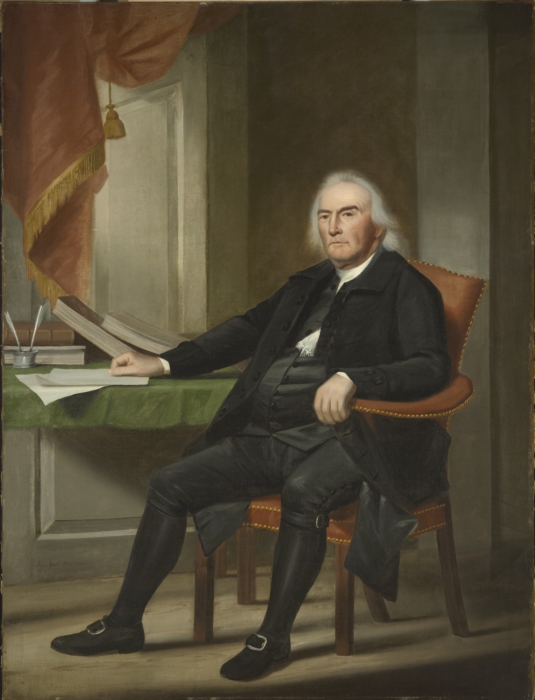As quoted by John Greenleaf Whittier in his poem "Abraham Davenport" first published in The Atlantic Monthly (May 1866); later published in The Tent on the Beach, and Other Poems (1867).
Contexto: This well may be The Day of Judgment which the world awaits; But be it so or not, I only know my present duty, and my Lord’s command to occupy till He come. So at the post where He hath set me in His providence, I choose, for one, to meet Him face to face, no faithless servant frightened from my task, but ready when the Lord of the harvest calls; and therefore, with all reverence, I would say, let God do His work, we will see to ours. Bring in the candles.
Abraham Davenport: Frases en inglés
As quoted by John Greenleaf Whittier in his poem "Abraham Davenport" first published in The Atlantic Monthly (May 1866); later published in The Tent on the Beach, and Other Poems (1867).
Contexto: This well may be The Day of Judgment which the world awaits; But be it so or not, I only know my present duty, and my Lord’s command to occupy till He come. So at the post where He hath set me in His providence, I choose, for one, to meet Him face to face, no faithless servant frightened from my task, but ready when the Lord of the harvest calls; and therefore, with all reverence, I would say, let God do His work, we will see to ours. Bring in the candles.
Davenport's response to a call for adjourning the Connecticut State Council because of fears that the deep darkness might be a sign that the Last Judgment was approaching, as quoted by Timothy Dwight, Connecticut Historical Collections 2d ed (1836) compiled by John Warner Barber, p. 403.
Letter to George Washington, requesting military assistance against British attacks during the American Revolutionary War (August 1781).
